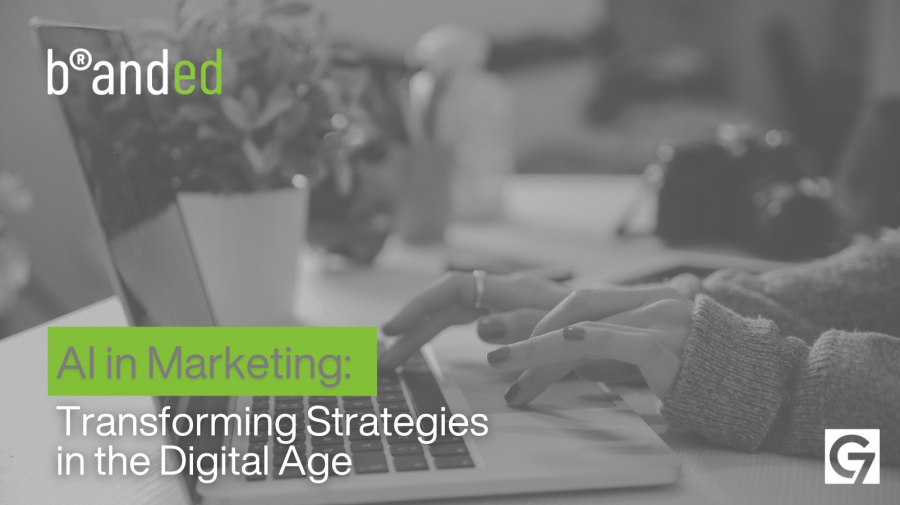AI in Marketing: Transforming Strategies in the Digital Age
In today's fast-paced digital world, video marketing has emerged as a pivotal strategy for brands aiming to captivate and engage their audience. With the increasing consumption of video content across various platforms, understanding and leveraging video marketing has become essential for anyone in the marketing industry.
The Role of AI in Marketing
In marketing, AI utilizes machine learning, data analytics, and other automated processes to gather insights and automate tasks that humans traditionally did. It's not just about efficiency; it's about enabling more intelligent, personalized marketing practices.
"AI is revolutionizing marketing by turning data into deep insights, helping us understand consumer behavior like never before," comments a team member.
Why AI is a Game-Changer in Marketing
The benefits of AI in marketing are numerous:
Enhanced Customer Insights
AI algorithms can analyze vast amounts of data to extract meaningful insights about customer preferences, behaviors, and trends. This allows marketers to create more targeted and effective campaigns.
Personalization at Scale
AI makes it possible to deliver personalized marketing messages at scale. By analyzing customer data, AI can help tailor content, recommendations, and offers to each user's unique preferences and behaviors.
Improved ROI
By automating repetitive tasks and optimizing marketing campaigns, AI can help reduce costs and improve the return on investment. AI-driven analytics and targeting ensure that marketing resources are used more effectively.
Predictive Analysis
AI can predict future trends and customer behaviors by analyzing past data. This allows marketers to anticipate market changes and adapt their strategies proactively.
Applications of AI in Marketing
- Chatbots and Customer Service: AI-powered chatbots can handle customer queries in real time, providing instant support and improving customer experience.
- Content Generation and Curation: AI can assist in creating and curating content, making it easier for brands to maintain a consistent online presence.
- Email Marketing Optimization: AI can analyze customer data to determine the best times to send emails, predict the content that will resonate with each user, and personalize email campaigns.
- SEO and SEM: AI tools can optimize website content for search engines, helping to improve rankings and drive more organic traffic.
- Social Media Monitoring: AI can track brand mentions and customer sentiment across social platforms, providing valuable feedback and engagement opportunities.
The Challenges and Considerations
While AI presents vast opportunities, there are challenges. "Adopting AI in marketing isn't just about technology; it's about aligning it with your brand's values and ensuring it enhances, rather than replaces, the human touch," suggests a senior marketer on our team.
Privacy and ethical concerns are at the forefront of AI implementation. Brands must navigate these responsibly, ensuring customer data is used ethically and transparently.
Embracing AI in Marketing
As we move forward, AI's role in marketing will only grow. "AI is not just a trend; it's a fundamental shift in how we approach marketing," concludes a strategy expert from the team. Embracing AI requires an understanding of its capabilities, a willingness to adapt, and a commitment to using technology responsibly.
In conclusion, AI in marketing is a powerful tool for enhancing customer engagement, personalizing marketing efforts.




